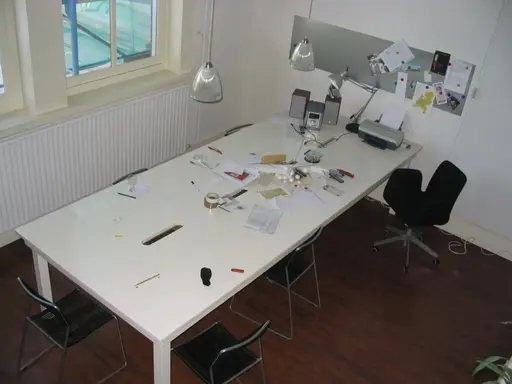Péter Fuchs
art critic, Budapest
Péter Fuchs (born 1978) is an art historian who studied Art Theory and Media at the Faculty of Humanities, Eötvös Lóránd University, Budapest. He has been giving lectures on new and digital media in the same department over the last two years, as wel
Péter Fuchs (born 1978) is an art historian who studied Art Theory and Media at the Faculty of Humanities, Eötvös Lóránd University, Budapest. He has been giving lectures on new and digital media in the same department over the last two years, as well as at the Hungarian Independent Media Center. He received his Master’s degree, working on the subject of aesthetic approaches towards historically constructed national identities (especially its relation to the representation of tools of destruction—different weapons of war as pure aesthetic objects). Previously Fuchs worked as a computer game designer (2000–2002) and began hosting and editing his own show on computer games and digital media for Hungarian State Television (since 2003). In addition, he has been engaged with Tranzit (an international art initiative) and the Ludwig Museum – Contemporary Art Museum in Budapest, where he is now working as a program coordinator. Fuchs lives and works in Budapest.During his RIR stay, Péter Fuchs worked on an experimental research project, aiming to explore new means of (pre)production for contemporary art venues. The research project took the form of an unpublished blog, in which colleagues can follow the ongoing process of the research. On one hand the blog is an experiment in presenting material about contemporary visual culture in a digital environment rather than a physical one—but not excluding those, of course. On the other hand, it is an attempt to construct new methodologies for visual studies—is art theory to deal with temporal subjects which emerge from the digital landscape of the Internet and to try to attain the interest of those people, whose primary public experience is based around this media. The project tried to expand the notion of exhibition—through research into a new audience: the blog-sphere, a large, internationally diverse body of possible cultural practitioners who might discover standing cultural institutions by means of digital media, or create new ones.The key aspect of cultural production nowadays is the excess production of images and texts, hence one of the main roles of institutions is to collect and filter the production of the so-called creative industries, in other words, to curate them. Hence this blog tries to act as an institutional tool for curating online content regarding the position of religion in a secular/postsecular condition.The other aspect of Fuchs’s Research-in-Residence project is to map up a basic cybernetics of “information network of contemporary art field,” aiming to discover new meaning of digital image reproduction on the World Wide Web.
